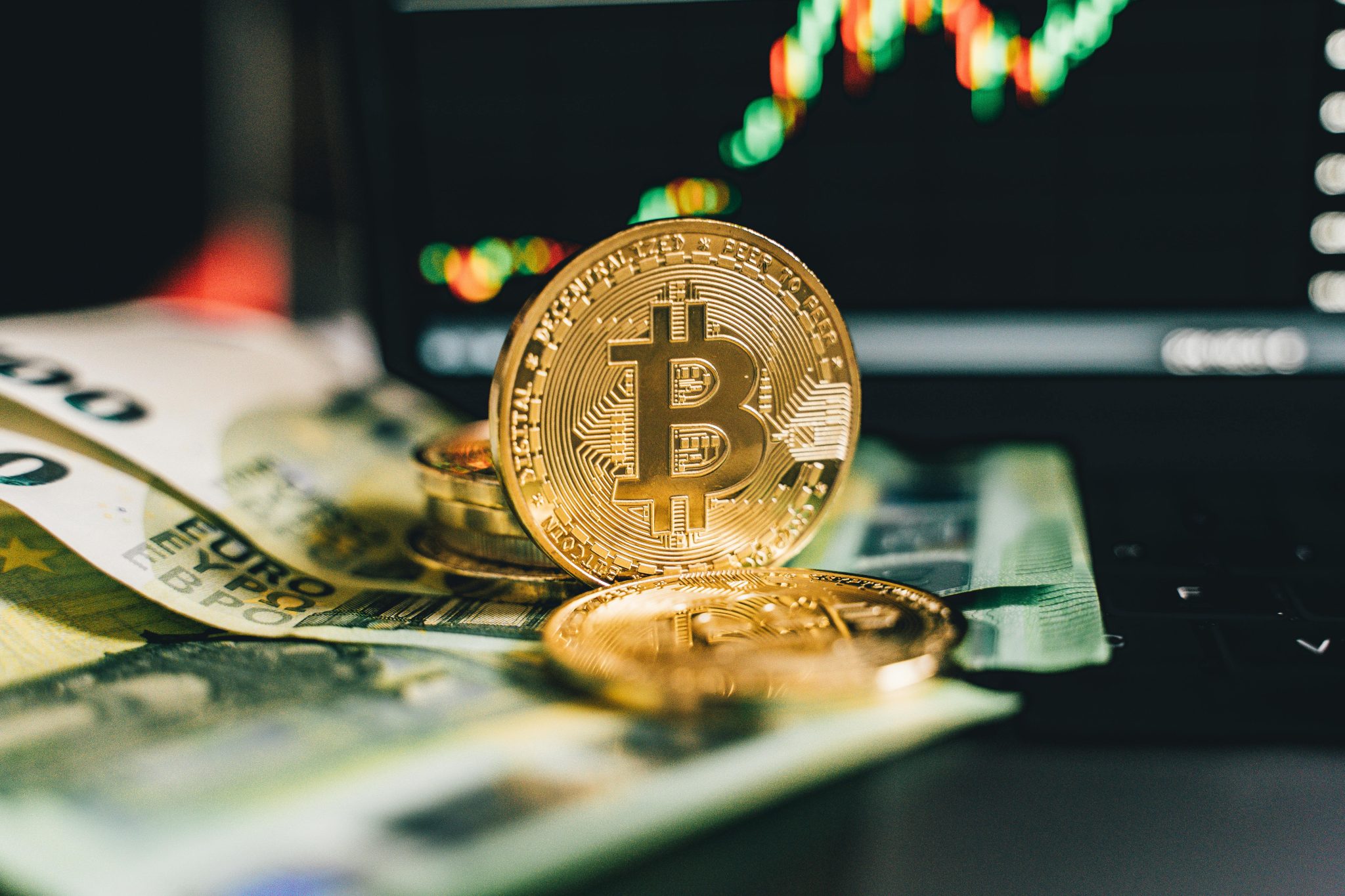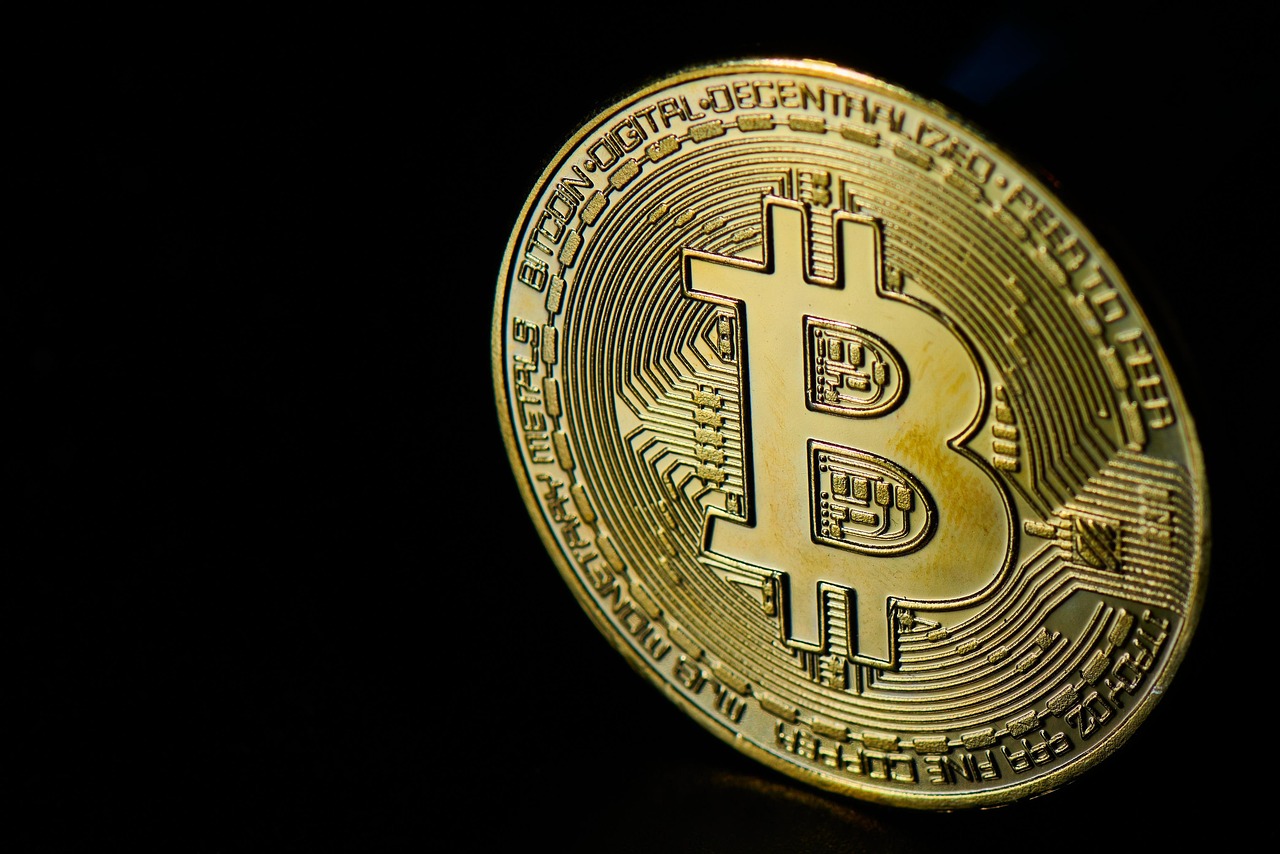
Introduction
The integration of smart contracts with Bitcoin tokenization is revolutionizing the blockchain landscape. As blockchain developers and investors seek innovative solutions, understanding how these components interact is crucial. This article delves into the technicalities and practical applications of smart contracts within tokenized platforms, providing actionable insights for those aiming to leverage blockchain technology effectively.
Understanding Bitcoin Tokenization
Tokenization involves representing real-world assets or digital assets on a blockchain. Bitcoin tokenization allows Bitcoin to be used within decentralized applications, enabling liquidity and interoperability. By converting Bitcoin into tokenized assets, developers can create versatile platforms that facilitate seamless transactions and smart contract interactions.
The Role of Smart Contracts in Tokenized Platforms
Smart contracts are self-executing contracts with the terms of the agreement directly written into code. In tokenized platforms, they automate processes, enhance security, and reduce costs. Leveraging smart contracts within Bitcoin tokenization can streamline operations and provide a trustless environment for transactions.
Practical Examples of Tokenization with Bitcoin
Several platforms exemplify the successful integration of smart contracts and Bitcoin tokenization. For instance, RSK and Liquid Network facilitate Bitcoin tokenization, enabling smart contract capabilities and increasing transaction efficiency. These platforms highlight the potential for innovation and the creation of new financial instruments.
Technical Implementation of Smart Contracts
Implementing smart contracts in Bitcoin tokenization involves several steps. Developers must ensure compatibility with Bitcoin’s blockchain, often utilizing sidechains or layer-2 solutions. These technical considerations are critical for ensuring the seamless operation of tokenized platforms.
Challenges and Solutions in Tokenization
While the benefits of Bitcoin tokenization are significant, several challenges exist, including scalability, security, and regulatory compliance. Solutions such as off-chain transactions, enhanced security protocols, and compliance frameworks are essential for overcoming these obstacles and ensuring sustainable growth in tokenized platforms.
Future Prospects of Tokenized Platforms
The future of tokenized platforms integrating smart contracts with Bitcoin is promising. As technology advances, we can expect increased adoption, innovation in financial products, and improved accessibility for users. Developers and investors must stay informed to capitalize on these emerging trends.
Conclusion
In conclusion, the interaction between smart contracts and Bitcoin tokenization holds transformative potential for the blockchain industry. Developers and investors must understand the intricacies of these technologies to unlock their full potential. By focusing on practical applications and overcoming current challenges, stakeholders can drive innovation and create robust tokenized platforms for the future.

[page-generator-pro-related-links group=”Bitcoin” limit=”3″ output_type=”list_of_links” title=”More Bitcoin Articles”]





